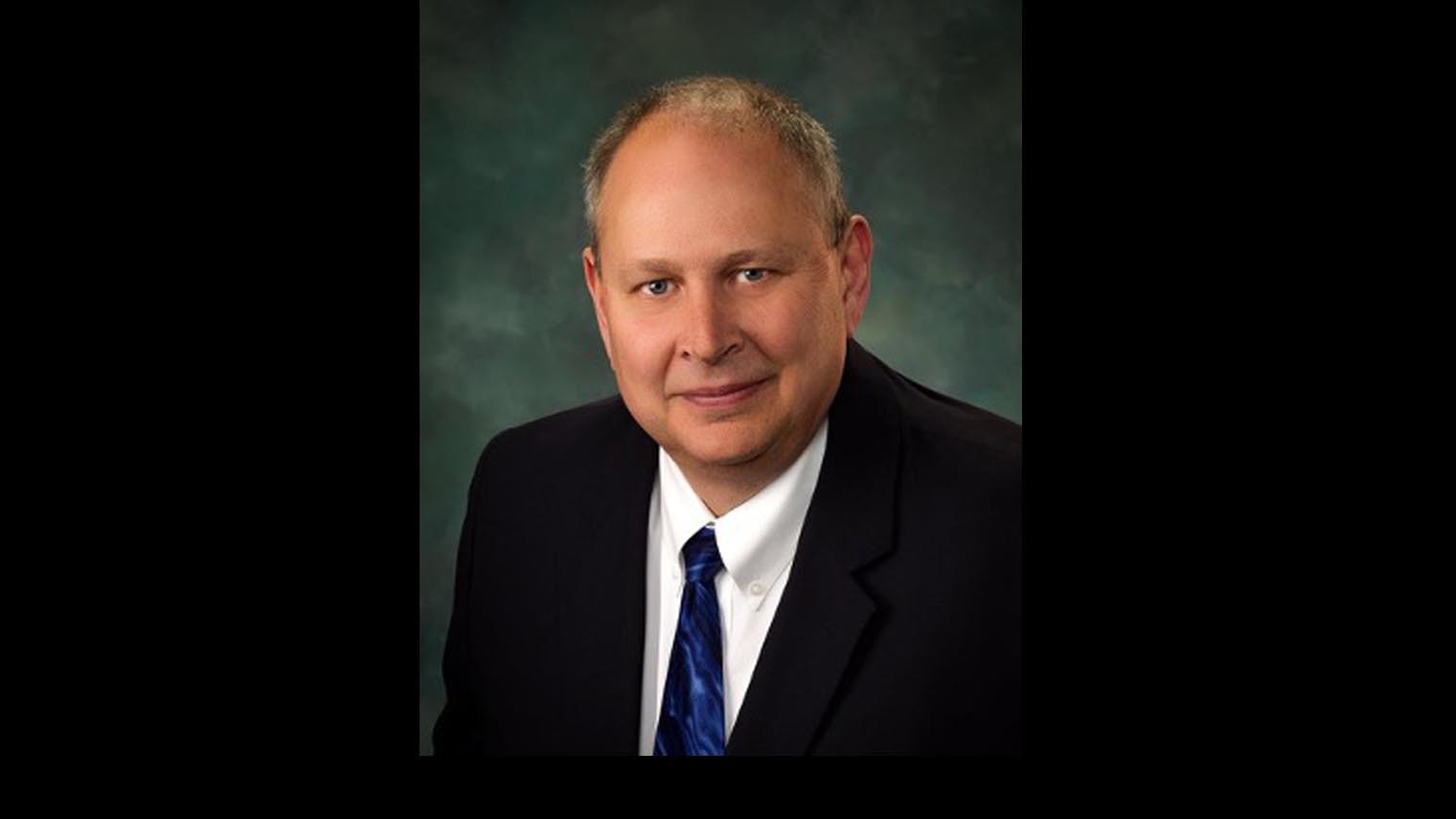Leader selection occurs during caucus events, though I can’t speak to how Democratic caucuses operate, especially in Wyoming, where Democratic representatives are scarce. I imagine their caucuses are informal, possibly resembling a small dinner meeting where jobs are assigned.
In contrast, Republican caucuses are more structured and secretive to avoid public party infighting.
I’ve attended five Republican caucuses in Wyoming, having been elected to an office at three of them. It's been over a decade since I last attended, so the process may have changed. Here's how it typically works.
The Caucus Structure
All elected legislative Republicans gather in Casper for the caucus, held on a Saturday morning. After speeches by the caucus chair and the state party chair, the group splits into separate House and Senate sessions to elect leadership.
Key Leadership Elections
Speaker of the House / President of the Senate
The first election is for the Speaker of the House (or the President of the Senate, depending on the chamber). The Speaker has significant responsibilities, such as determining which bills make it to the floor for debate. While the Speaker's job is often uncontested—since the Majority Floor Leader typically moves into the role—it’s a powerful position.
Usually, the Speaker election is without controversy. But the minority party has a vote in who the Speaker is which allows for political gamesmanship. In other states, like Alaska, members of parties have split, and work bipartisan coalitions to take control of legislative bodies, often exchanging powerful committee chairmanships to form the coalition.
Majority Leader
The Majority Leader manages floor debates and scheduling. While the Speaker controls which bills are introduced and referred to committees, the Majority Leader determines when those bills are debated. The Majority Leader also decides the order of bills once they’ve been vetted by committees. It is the second most powerful position in the body, and determines the fate of bills on the floor.
Speaker Pro Tempore
This position serves as a backup for the Speaker when they are unavailable. The Speaker Pro Tempore attends meetings the Speaker cannot, ensuring leadership continuity. The Speaker Pro Tempore attends all of the leadership meetings. The Speaker Pro Tempore runs the caucus meetings. The position is viewed as an apprenticeship for higher leadership positions.
Majority Whip
The Majority Whip in in charge of party discipline, organizes party members, and counts votes before key decisions. Surprisingly, the Whip's most powerful responsibility might be assigning parking spots during the session—good spots are a symbol of status and convenience.
Committee Appointments
At the end of the caucus, the Speaker appoints committee chairs. Committee chairs play a crucial role in shaping the legislative agenda since they decide which bills are heard and when in the committee. All bills that come to the floor have to be referred to a committee.
The Speaker also appoints the majority party members to each of the committees. Obtaining an appointment to a powerful committee like the Appropriations Committee gives individual legislators great power over the course of a session.
Committee Chairs can effectively "kill" a bill by not scheduling it for a hearing. Committees can kill a bill by giving it a "do not pass" recommendation. If the bill dies in committee, it is nearly impossible to resurrect.
With recent shifts in Wyoming's political landscape, we may see experience powerful committee chairs replaced by new ones who are more ideologically aligned with the current majority, which could dramatically impact the legislative session.
While the details of each election and position may evolve, the caucus remains a critical event in shaping the direction of the state's legislature. The power to assign committee chairs and influence which bills are debated ensures that leadership positions, particularly the Speaker and Majority Leader, chart the course of the legislative agenda.
Those disenfranchised by the appointment process have other avenues to exercise their legislative voice, but that is a topic for another day.
Tom Lubnau served in the Wyoming Legislature from 2004 - 2015 and is a former Speaker of the House. He can be reached at: YourInputAppreciated@gmail.com





